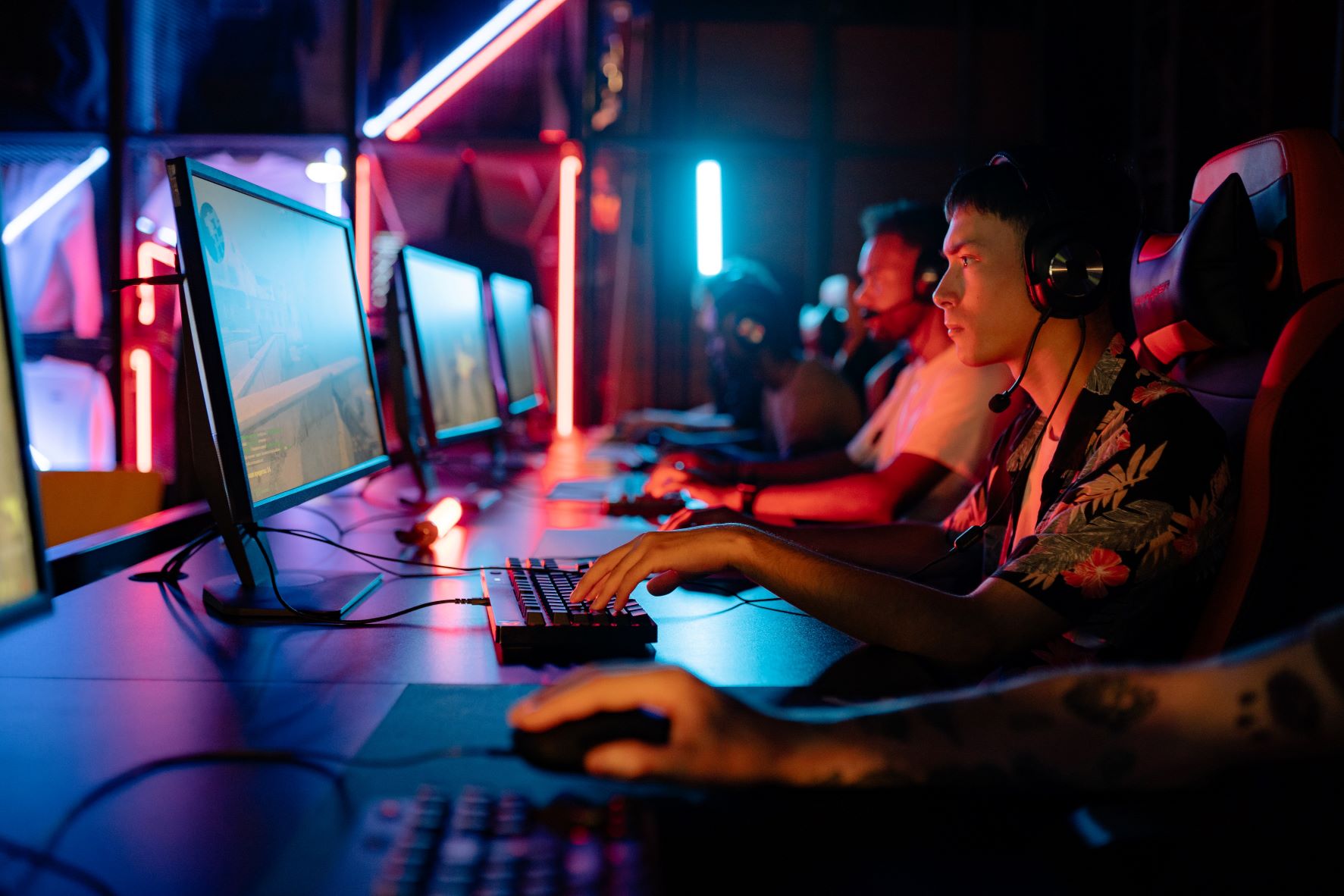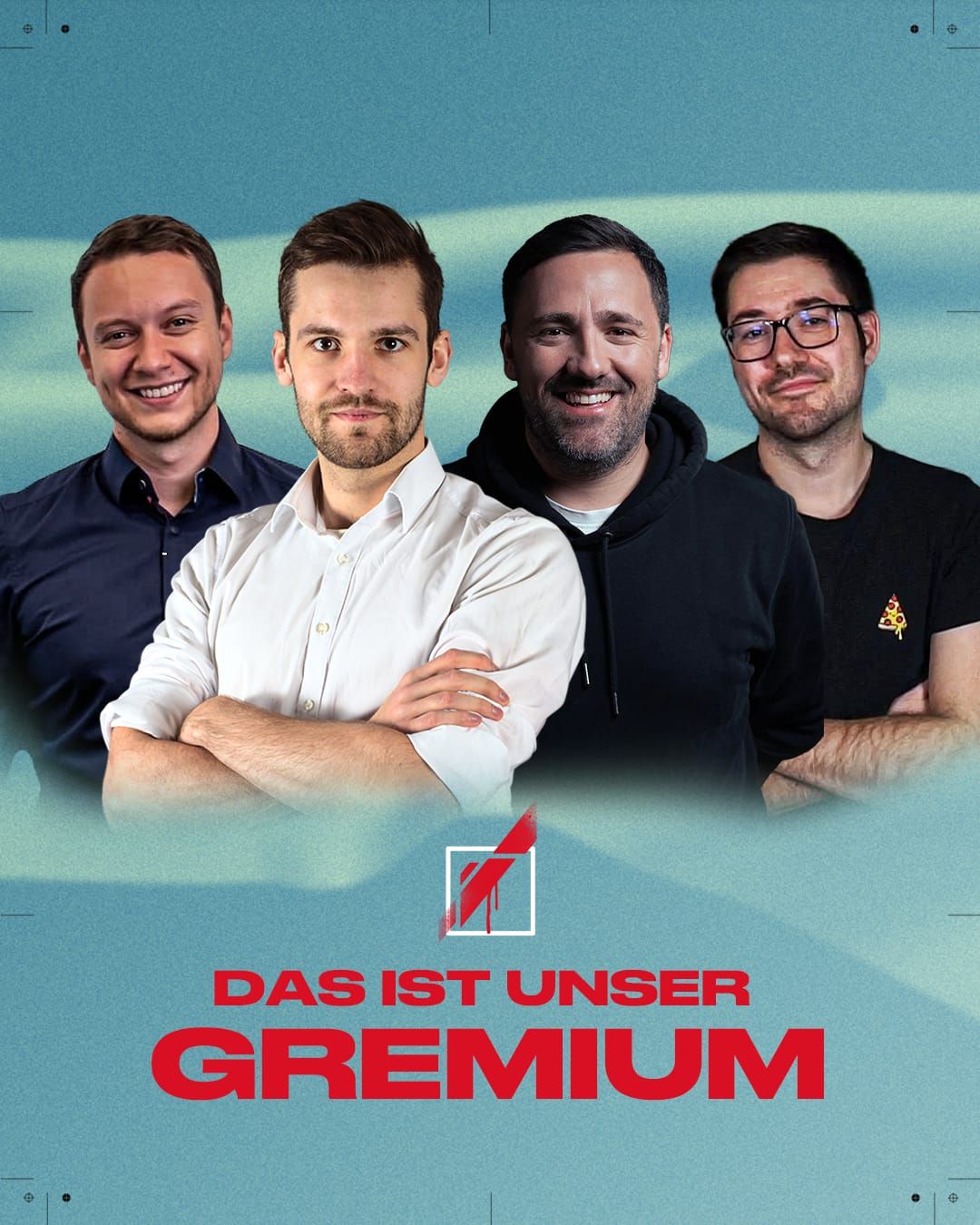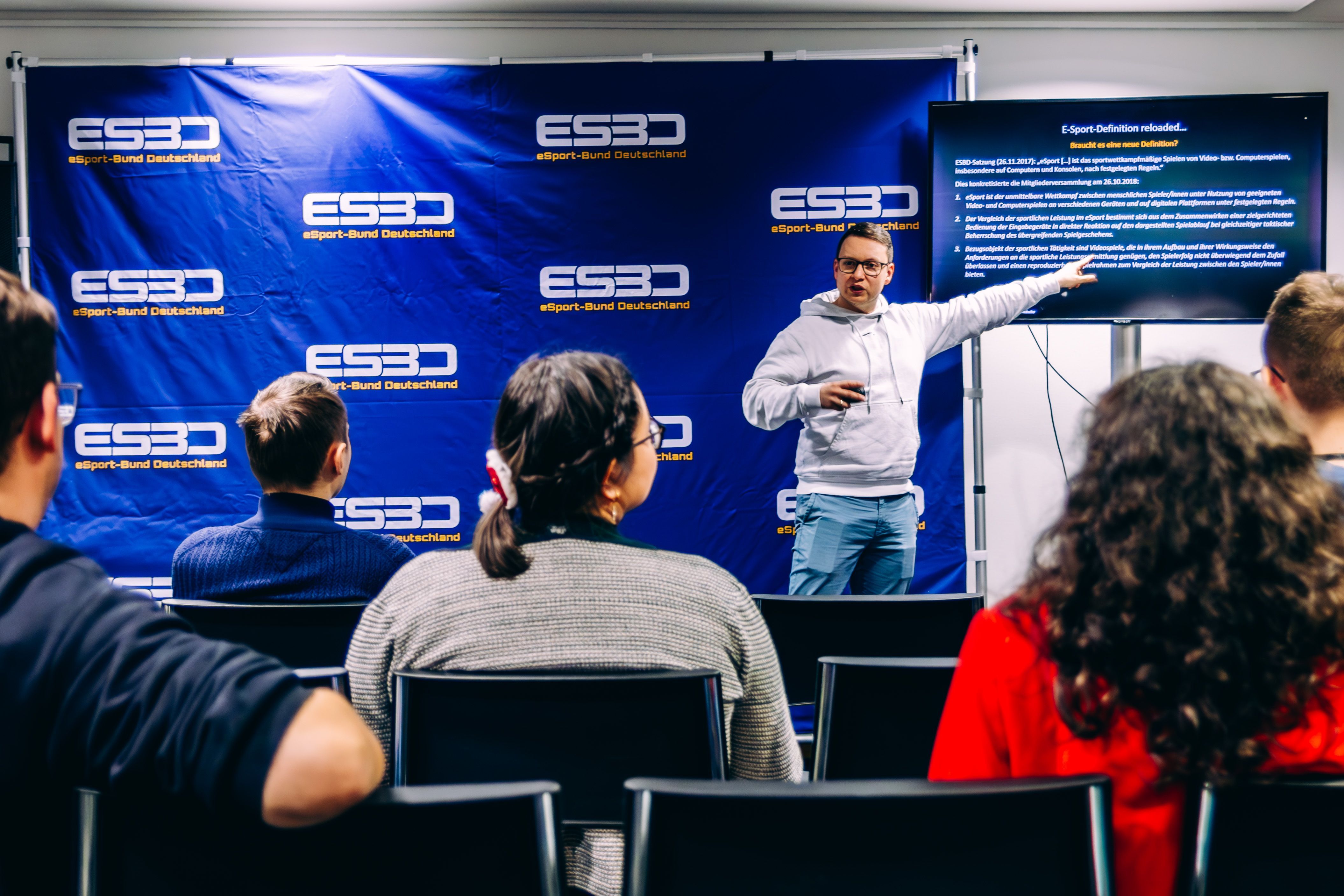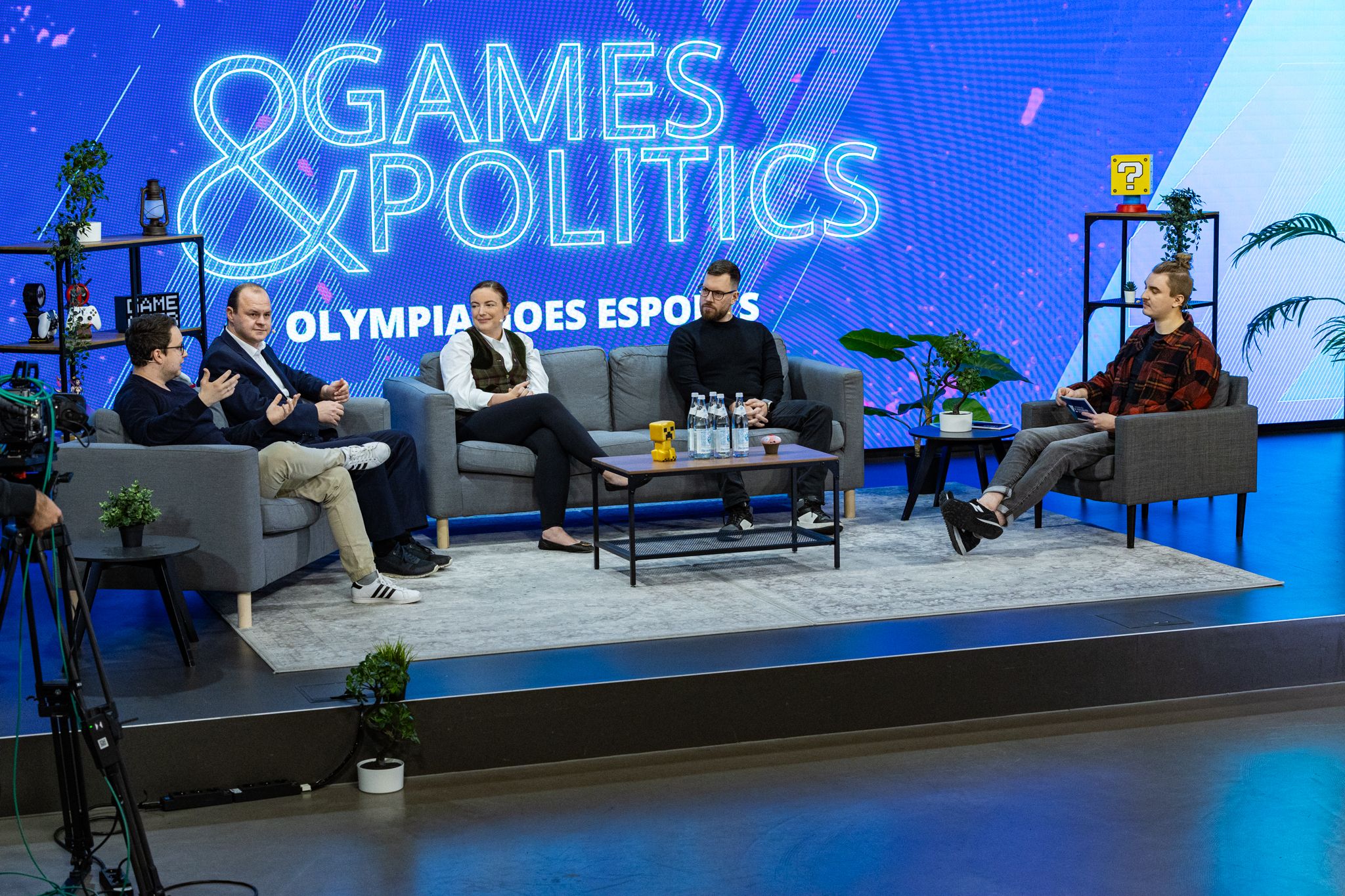Ein historischer Moment für den Esport in Europa: Europäisches Parlament verabschiedet Resolution zu Esport und Gaming
I. Der Beginn des Prozesses
Der Prozess des Europäischen Parlaments bzgl. Esport begann am 8. November 2021 mit dem „Report on EU sports policy: assessment and possible ways forward”. Unter der Überschrift „Supporting the transition to a sustainable and innovative future” heißt es unter Punkt 92 „[The European Parliament] calls for the EU institutions to launch a debate on the future and on the opportunities of e-sports and to collect data in order to assess this sector and present a study on its social and economic impact”.
II. Forschung als Grundlage für den Prozess
Für das Erstellen dieser Studie, welche die Grundlage für den Prozess in den nachfolgenden zwölf Monaten legen sollte, beauftragte das zuständige CULT Committee (Ausschuss für Kultur und Bildung) Dr. Tobias M. Scholz und mich. Darüber hinaus gab der Ausschuss auch eine „Policy Recommendation” bei uns in Auftrag. Zweck dieser Werke und der Beratung bis zur Abstimmung im Parlament war es, den politischen Prozess auf europäischer Ebene zu begleiten und insbesondere den „Draft Report on E-sport and videogames” (Rapporteur Laurence Farreng) vorzubereiten. Sowohl die “Background Analysis on Esports” als auch die “Policy Recommendation on Esports” wurden am 9. März 2022 eingereicht und – nach einer Q&A Session der Abgeordneten mit den Autoren am 14. März 2022 – im Mai 2022 veröffentlicht.
Die Studie beschreibt den Status quo des Esports sowie die Chancen und Herausforderungen, die sich aus dem Esport ergeben. Die Policy Recommendation legt einen Fokus auf die Definition, Forschung, Regulierung und den Nutzen von Esport für die europäische Gesellschaft. Der auf diesen Publikationen basierende Draft Report wurde nur wenige Tage zuvor veröffentlicht. Der Report schloss sich den Publikationen in einem Großteil der in diesen behandelten Punkte an, unter anderem bzgl. der:
- Kernelemente der Esport-Definition
- Implikationen im Hinblick auf Kultur, Medien, Technologie und (traditionellen) Sport
- Nutzung von Esport als Werkzeug für Bildung
- Trennung von Esport und (traditionellem) Sport bei gleichzeitigem Fokus auf möglicher Zusammenarbeit bzw. Ergänzung
- Kategorisierung des Esports als Digital- und Innovationsmaterie
- Erstellung einer europäischen Langzeitstrategie für Gaming und Esport
- Verortung von Rechtssetzung auf europäischer Ebene und der Schaffung eines tauglichen Rechtsrahmens in verschiedenen Bereichen
Am 17. Mai 2022 wurde der „Draft Report on E-sport and videogames” schließlich über 30 Minuten im CULT Committee diskutiert. Dabei skizzierte die Berichterstatterin Laurence Farreng ihre drei Ziele bei der Erstellung des Berichtsentwurfs:
- die Industrien Gaming und Esport voranzubringen und die kulturellen und wirtschaftlichen Potenziale zu nutzen
- zu definieren, welchen Beitrag die EU leisten kann
- Esport hervorzuheben und zu fördern (Wertschätzung von Esport, Abbau von Barrieren und Stärkung der europäischen Identität durch Esport)
III. Änderungs- und Ergänzungsphase
Zwischen Mai und Mitte Oktober 2022 wurden die 229 Änderungsanträge diskutiert und Kompromisse ausgearbeitet – eine stattliche, aber keine besorgniserregende Menge an Anträgen. Bis zur Abstimmung im CULT Committee am 3. Oktober 2022 konnte aber für sämtliche Punkte ein Kompromiss erreicht werden.
IV. Abstimmung im CULT Committee
Am 3. Oktober 2022 fand die Abstimmung über den finalen „Report on esports and video games“ im CULT Committee des Europäischen Parlaments statt. Der Report wurde in dieser Sitzung einstimmig angenommen und in seiner finalen Form vom 13. Oktober für die Plenarsitzung des Parlaments vorbereitet.
V. Debatte im Europäischen Parlament
Am 9. November 2022 fand ab 22 Uhr MESZ die 30minütige Debatte im Europäischen Parlament statt. Sämtliche Redner (u.a. Rapporteur Laurence Farreng, EU-Kommissar für Binnenmarkt und Dienstleistungen Thierry Breton) bescheinigten dem Report ein durchweg positives Zeugnis. Besonders gelobt wurde der holistische Ansatz, der sich nicht nur in finanzieller Unterstützung erschöpft, sondern sämtliche kulturellen und gesellschaftlichen Nutzungsmöglichkeiten beleuchtet und regulatorisches Handeln verlangt. EU-Kommissar Breton versicherte zum Abschluss, dass die Kommission sehr glücklich mit dem Report ist und plant, entsprechend tätig zu werden (eventuell in Verbindung zur derzeit laufenden Debatte zum Bereich Metaverse).
VI. Abstimmung im Europäischen Parlament
Am 10. November 2022 um 11 Uhr MESZ wurde schließlich die Resolution vom Europäischen Parlament verabschiedet. Am Ende des 12 monatigen Prozesses steht somit ein historischer Meilensteil, der gleichzeitig aber auch erst den Anfang der wahren Arbeit markiert. In den folgenden Monaten gilt es für den europäischen Gesetzgeber nun, den Worten des Parlaments Taten folgen zu lassen, um eine gesunde und erfolgreiche Entwicklung des Esports in Europa zu unterstützen.
VII. Zum Abschluss: Einige Highlights aus der Resolution
- The European Parliament calls for the development of a coherent, long-term European video game strategy, which should benefit all actors involved fairly and adequately, while taking into account esports and the current dependence on imports and building on existing national strategies in order to support EU actors and EU start-ups in these sectors;
- The European Parliament believes that, owing to the borderless nature of the discipline, the European Union is the appropriate level at which to address the challenges of esports;
- The European Parliament asks the Commission to study the possibility of creating coherent and comprehensive guidelines regarding the status of professional esports players;
- The European Parliament calls on the Member States and the Commission to consider the creation of a visa for esports personnel based on the Schengen cultural and sports visas, applicable to all personnel involved in running and participating in esports competitions, and to consider measures to facilitate visa procedures to enable video game workers to come to the EU;
- whereas the innovative value of the sector should also be acknowledged, as much as its cultural added value;
- whereas these ecosystems still lack the harmonised data, definitions and legal frameworks required to enable them to embrace their full potential;
- whereas video games and esports use advanced technologies such as AI and virtual reality, and have initiated the creation of alternative virtual spaces such as metaverses;
- whereas the definition [of esports] encompasses a human element (the players), a digital element (the games themselves) and a competitive element;
- whereas esports differ from sports in that they are digital by definition; whereas esports is a phenomenon essentially driven by private entities, with the IP rights belonging to the game publisher and competition rights either to the game publisher or arranged on a contract-by-contract basis;
- The European Parliament considers that esports and sport are different sectors, not least because the video games used for competitive gaming or esports are played in a digital environment and belong to private entities that enjoy full legal control and all exclusive and unrestricted rights over the video games themselves; believes, however, that both sectors can complement and learn from each other and promote similar positive values and skills, such as fair play, non-discrimination, teamwork, leadership, solidarity, integrity, antiracism, social inclusion and gender equality;
- The European Parliament acknowledges the need to safeguard esports from problems with match-fixing, illegal gambling and performance enhancement, including doping; underlines the necessity to prevent doping and match-fixing in professional gaming and to educate players about these issues, as well as to protect the integrity of competitions;
- The European Parliament calls on the Commission to explore synergies between the video game sector and its innovation strategy, particularly in the context of research on the metaverse and bearing in mind the protection of data privacy and cybersecurity challenges, without losing sight of the esports phenomenon;
- The European Parliament calls on the Commission to develop a charter to promote European values in esports competitions, in partnership with publishers, team organisations, clubs and tournament organisers;
- The European Parliament underlines that video games and esports have a dual role to play in the green transition, both as an industry that must work to become more environmentally friendly, and as a medium for raising awareness of climate and environmental issues among video game players;
- The European Parliament highlights the important role that cities and regions can play in providing access to infrastructure capable of hosting esports events or facilitating access to video games for all



